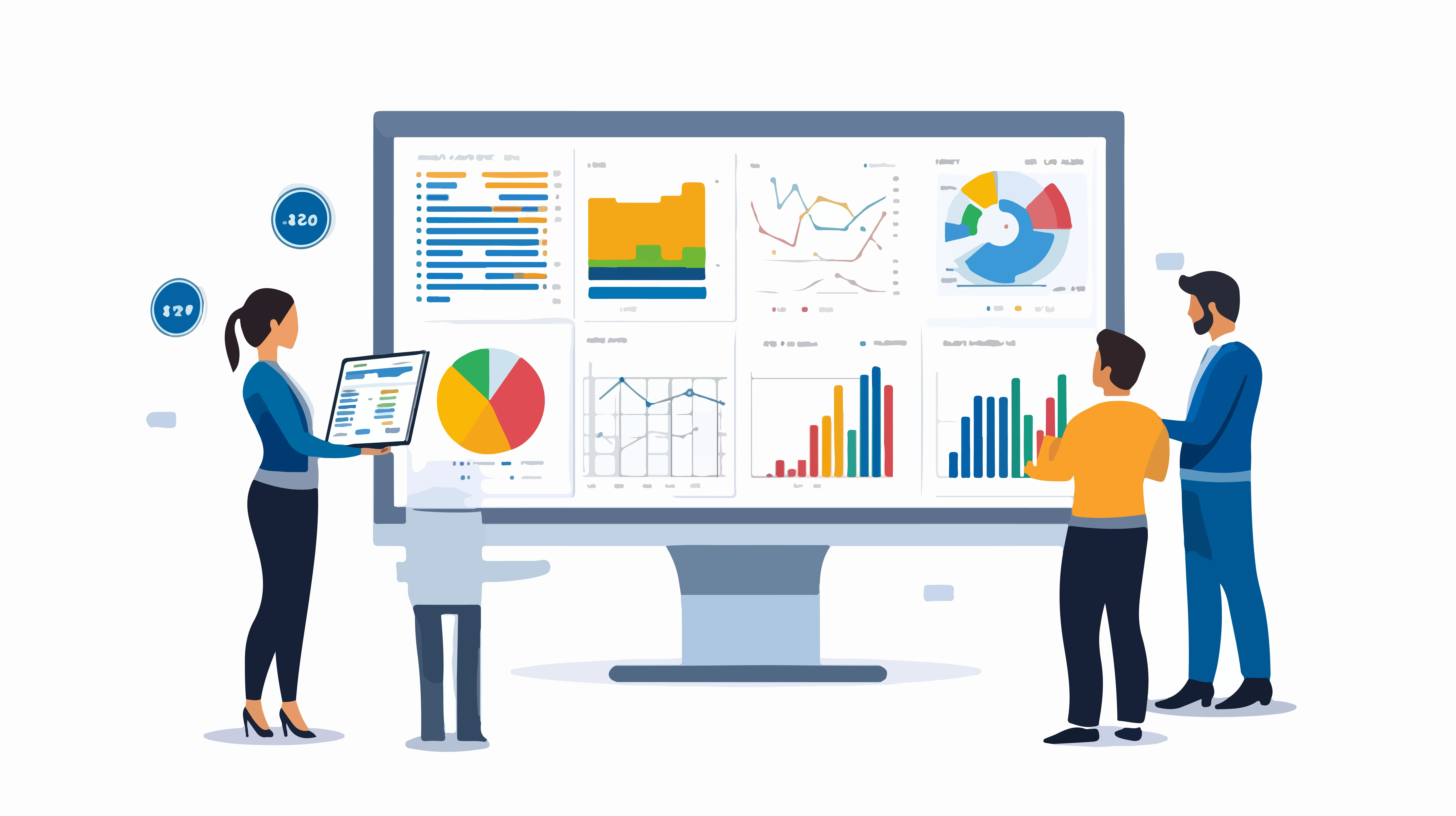The healthcare industry is one that has undergone a complete transformation due to the Internet of Things (IoT). IoT has made it possible for systems and devices to link seamlessly, which has opened the door to more effective and efficient healthcare solutions. The incorporation of intelligent packaging into a Health-IoT platform is among the most exciting advancements in this field. This invention guarantees efficiency, safety, and compliance in the pharmaceutical supply chain while simultaneously improving patient care. To support this, the Pharma Packaging & Labelling Forum organized by World BI brings together suppliers and manufacturers, enabling them to find the ideal partners for their packaging and labelling needs.
Intelligent Packaging:
The term "intelligent packaging" refers to the application of innovative technology to packaging to offer additional features beyond standard protective and confinement functions. These features may involve communication, tracking, and monitoring. Within the healthcare industry, intelligent packaging can include a variety of technologies, including:
- Barcodes and RFID Tags: For tracking and verification.
- Sensors: To keep an eye on things like humidity, temperature, and exposure to light.
- Chips using Near Field Communication (NFC) Technology: These allow for user interaction.
- QR Codes: To offer comprehensive details and confirm legitimacy.

Role of Health IoT:
To create a comprehensive, networked healthcare ecosystem, these intelligent packaging solutions are integrated with IoT-enabled equipment and systems through a Health-IoT platform. This platform may consist of:
- Wearable Technology: For ongoing data collection and health monitoring.
- Smartphones and Tablets: For communicating with healthcare practitioners and accessing data in real-time.
- Cloud-Based Systems: Used for data sharing, analysis, and archiving throughout the healthcare system.
Benefits of Health IoT-Platforms with Intelligent Packaging:
Enhanced Safety and Patient Compliance:
- Patients' compliance with prescribed prescription schedules can be greatly increased by intelligent packaging.
- For example, packaging with sensors and NFC chips can remind patients to take their medications on schedule and offer instructions on how to use them correctly.
- Healthcare providers can receive real-time drug adherence data, providing prompt interventions if necessary.
Efficiency and Transparency in the Supply Chain:
- The integration of RFID tags and barcodes in packaging enables precise tracking of pharmaceutical products throughout the supply chain.
- This not only helps in inventory management but also ensures the integrity of the supply chain by preventing counterfeiting and theft.
- Additionally, environmental sensors can monitor storage conditions, ensuring that medications are kept within their required parameters, thus maintaining their efficacy.
Personalized Healthcare:
- Wearable technology and intelligent packaging are just two examples of the many kinds of data that health-IoT platforms can gather and evaluate.
- Personalized healthcare solutions that are catered to each patient's unique needs can be provided using this data.
- Treatment results can be enhanced by, For instance, modifying medicine dosages in response to real-time health data.
Cost Reduction:
- Healthcare cost reduction can be accomplished via Health-IoT platforms through enhanced medication adherence and supply chain efficiency.
- Patients who commit to their recommended treatment plans appropriately need fewer hospital stays and medical interventions.
- Improved supply chain management can also cut waste and pharmaceutical product costs overall.
Real-World Applications:
Chronic Disease Management:
- When intelligent packaging is combined with Health-IoT systems, patients with long-term diseases like diabetes or hypertension can greatly benefit.
- These devices can track prescription drug use, deliver real-time feedback, and notify medical professionals of any problems.
- By lowering the chance of complications, this ongoing monitoring aids in improved disease management.
Vaccine Distribution:
- It is vital to guarantee vaccine integrity all the way through the supply chain.
- Measuring temperature and humidity, intelligent packaging can keep an eye on vaccination storage conditions all the time.
- Alerts may be set off by any deviations from the necessary circumstances, guaranteeing fast remedial action.
- This is especially crucial for vaccines that are susceptible to temperature fluctuations.
Clinical Trials:
- Precise data gathering and monitoring are necessary for clinical trials.
- Trial medicine usage can be monitored by intelligent packaging, which also makes sure the medication is kept in the best possible condition.
- The accuracy and dependability of the data can be increased by integrating it with Health-IoT platforms to offer real-time insights on the trial process.
The Role of Data Analytics:
Applications for Data Analytics:
For healthcare providers, the enormous volume of data produced by intelligent packaging and Health-IoT platforms is priceless. Using sophisticated data analytics technologies, this data may be processed and analyzed to produce actionable insights that support well-informed decision-making.
- Analytics That Predict: Through the analysis of both historical and current data, predictive analytics may spot patterns and anticipate possible health problems, enabling the implementation of preventative actions.
- Behavioral Insights: Healthcare professionals can better understand patient behaviors and customize interventions by using behavioral insights obtained from data on drug adherence and consumption trends.

- Supply Chain Management Optimized: By forecasting demand and guaranteeing that pharmaceuticals are accessible when and where they are required, analytics helps increase supply chain efficiency.
Challenges and Future Prospects:
Although integrating intelligent packaging into Health-IoT platforms has a lot of potential, there are several obstacles to overcome. Ensuring data security and privacy is crucial because private health information has to be shielded from unwanted access. To guarantee smooth data flow, standardized protocols and compatibility across various devices and systems are also required.
Overcoming Obstacles:
Strong Security Protocols putting in place robust access control, authentication, and encryption procedures to safeguard the confidentiality and integrity of data.
Standardization Efforts:
In order to promote interoperability, industry standards for IoT devices and data exchange protocols are being developed and adopted.
Patient Education and Trust:
Educating patients on how to utilize these technologies and maintaining open lines of communication on data usage and the advantages of health-IoT platforms are two ways to foster patient trust.
World BI Pharma Packaging & Labelling Forum, 2025:
In health-IoT platforms, intelligent packaging enhances individualized care, real-time health monitoring, and medication adherence. It guarantees prompt medicine administration and ongoing health monitoring, improving early problem identification and care. It offers a future in healthcare that is more connected and efficient, despite data security issues. Exclusive gatherings are organized by the Pharma Packaging and Labelling Conference, which provides a platform for distinguished leaders, Artwork Professionals, and Industry experts from different companies to come together with the common goal of promoting worldwide knowledge.
For more information, kindly visit World BI
.